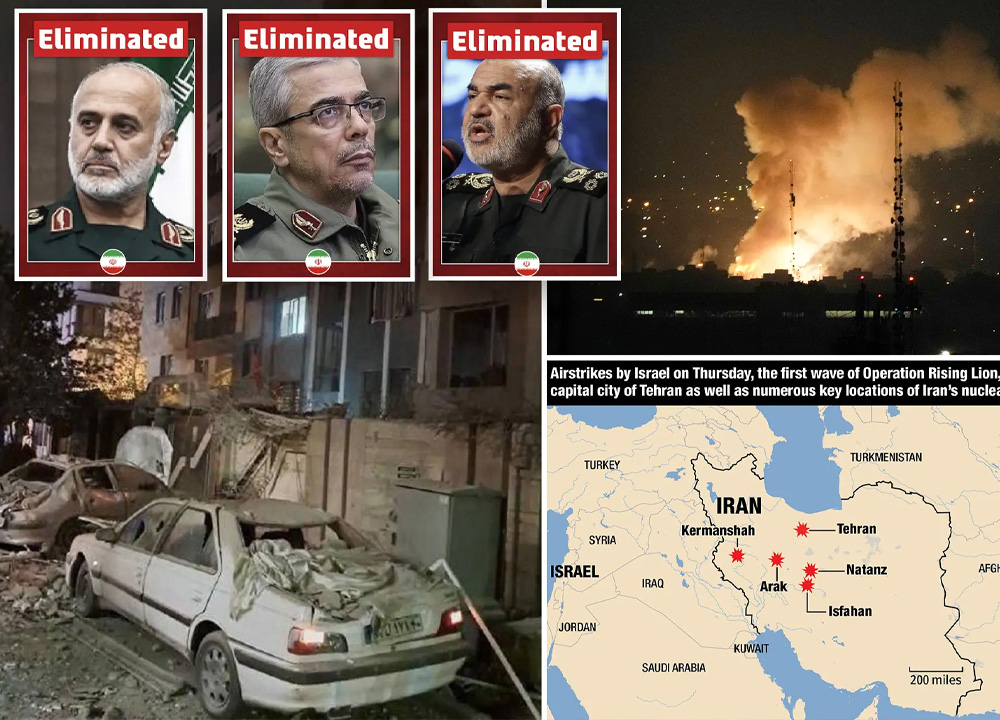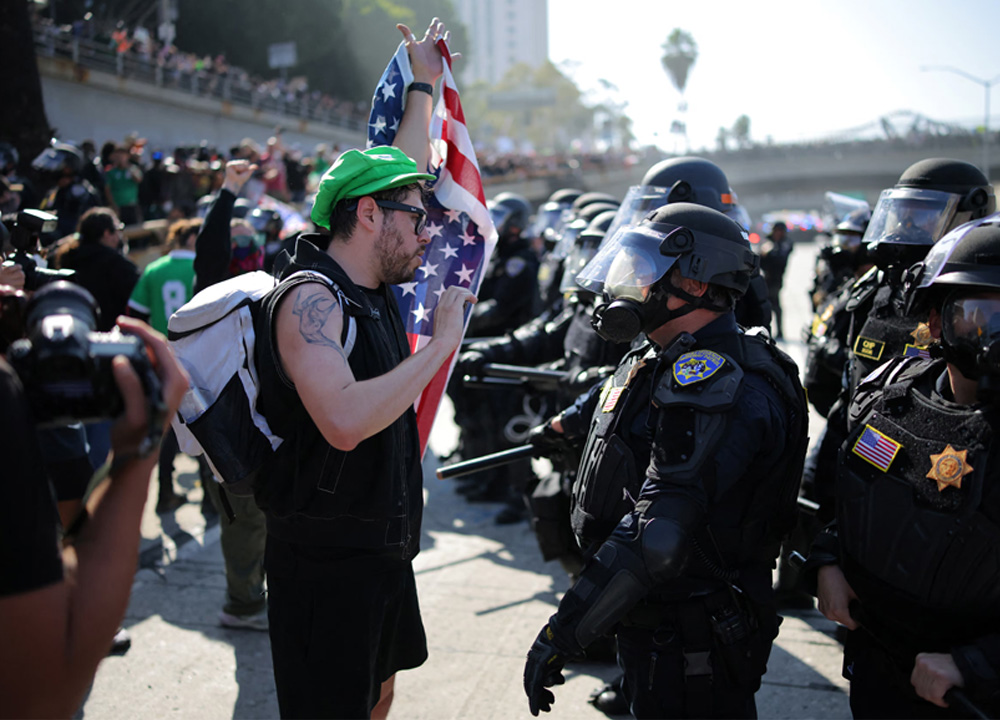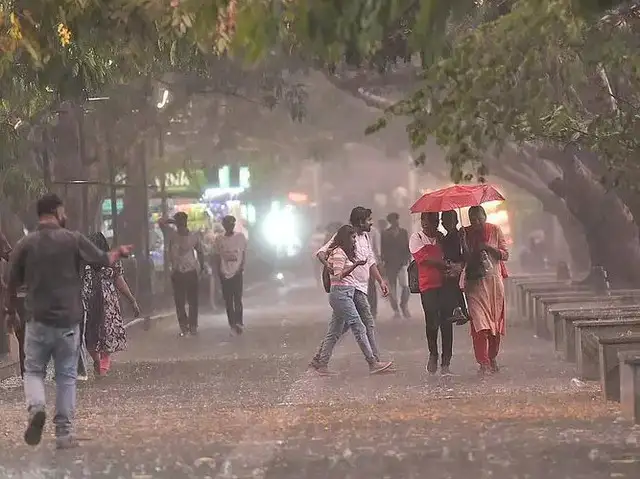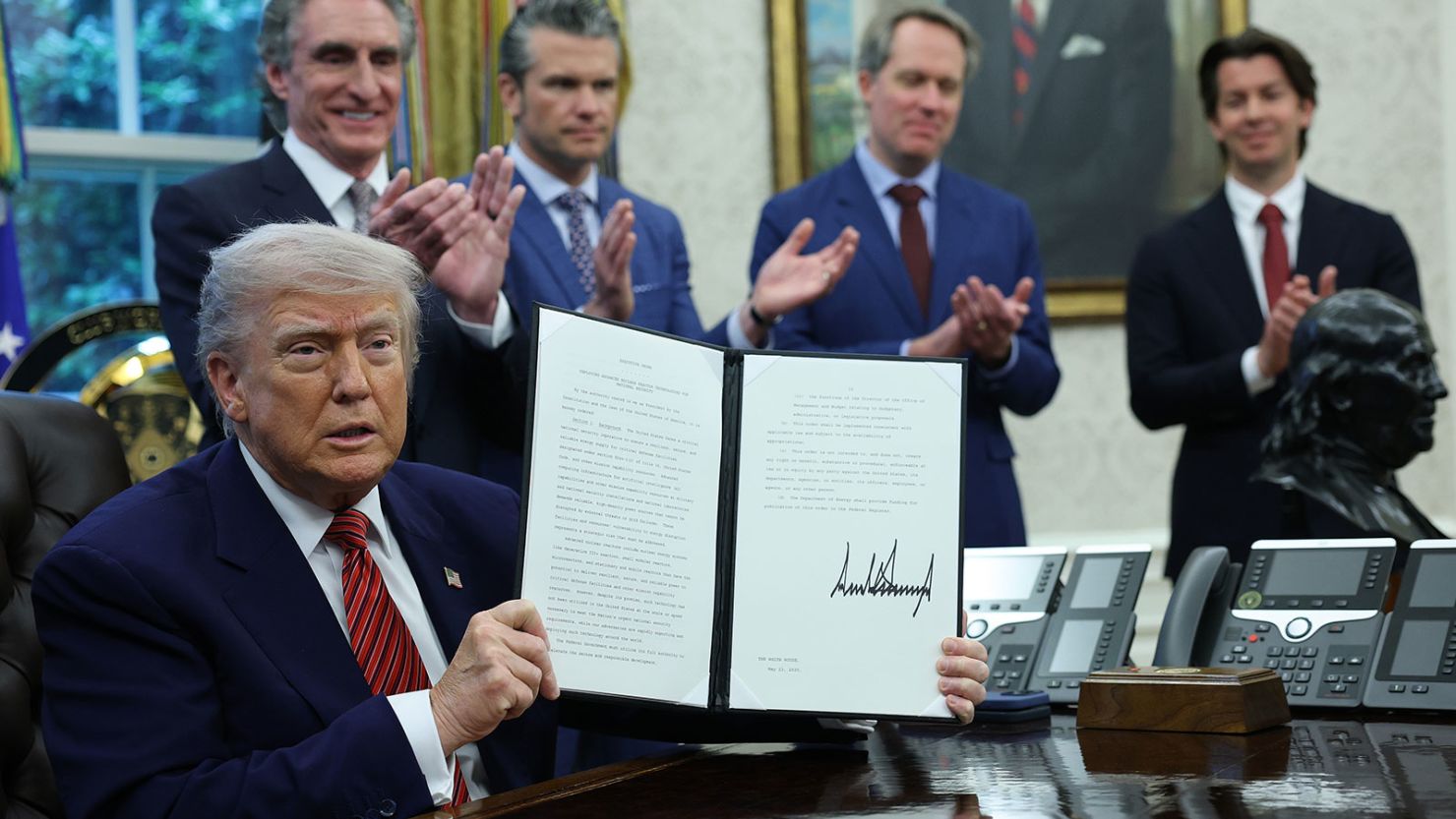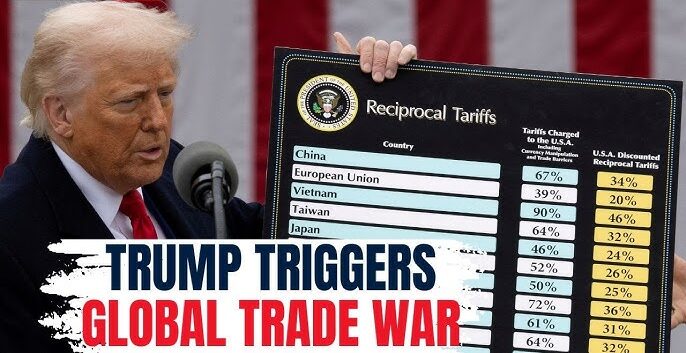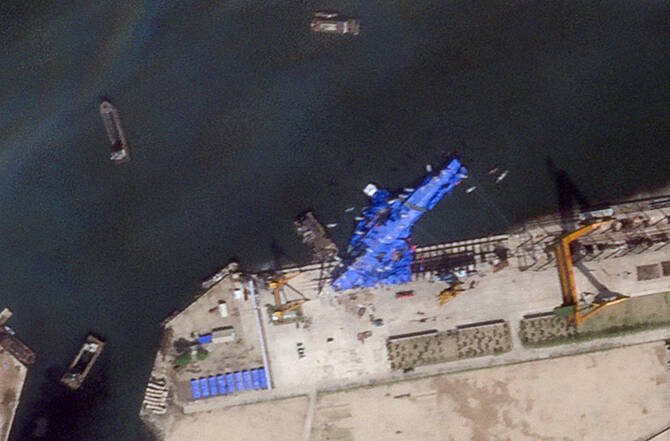Russia’s continued protraction of negotiations emphasizes its unwillingness to engage in good-faith negotiations for either a ceasefire or a final peace agreement. Kremlin Spokesperson Dmitry Peskov stated on May 17 that Russian President Vladimir Putin and Ukrainian President Volodymyr Zelensky may meet only if the Russian and Ukrainian delegations reach unspecified agreements and underscored that all talks should be conducted behind closed doors.[7] Peskov’s statements are likely intentionally vague in order to further delay progress in Russian-Ukrainian talks. Russian opposition outlet Verstka reported on May 17 that a source close to the Russian Presidential Administration stated the Kremlin viewed discussions between Putin and Zelensky as “out of the question” as Moscow knew that the conditions it was pushing Ukraine to accept were non-starters for Kyiv.[8] Another Verstka source close to the Russian Ministry of Foreign Affairs (MFA) similarly stated that Russian officials do not plan to discuss preparations for a Putin-Zelensky meeting. Russia has doubled down on its efforts to protract peace processes by continuing to present Ukraine with ultimatums that Ukraine cannot accept. The Verstka source close to the Presidential Administration added that Russia’s demand that the Ukrainian–Russian talks occur without a mediator shows that the Kremlin seeks to demonstrate that it is capable of demanding that the United States limit the influence of Ukraine’s Western partners. Peskov’s comments and Verstka’s report cohere with ISW’s long-standing assessment that Russia remains committed to prolonging peace negotiations so as to continue making battlefield advances and to extract additional concessions from the West.[9] Ukraine has continually demonstrated its willingness to compromise and engage in good-faith negotiations in contrast.
Kremlin officials continue to signal that Russia is prepared to continue or even escalate its war against Ukraine should Ukraine and the West not agree to Russia’s demands for Ukraine’s surrender. Russian Security Council Deputy Chairperson Dmitry Medvedev claimed on May 17 on his English-language X account that “all enemies of Russia that issue negotiating ultimatums” should remember that peace negotiations do not always lead to the end of hostilities and that unsuccessful negotiations can even lead to a “more terrible stage of war with new weapons and participants.”[10] Medvedev’s statement is a thinly veiled threat of possible Russian nuclear weapons use, the introduction of Russian allied forces in the war, or even Russian attacks against Europe. ISW continues to assess that the Kremlin is extremely unlikely to use nuclear weapons or to attack NATO states at this time.[11] Russia has demonstrated that it will not accept any terms less than Ukraine’s full capitulation and would likely view any negotiations that do not fulfill these war aims as “unsuccessful.” The threat that Russia could continue its war against Ukraine and even escalate it should Russia not achieve its goals mirrors Russian Presidential Aide Vladimir Medinsky’s May 16 statement that Russia is ready to fight for “however long it takes.”[12] Medvedev’s threat is part of Russia’s reflexive control campaign meant to push Ukraine and the West to accept Russia’s demands for Ukrainian surrender.
Russia continues to deny the current Ukrainian government’s legitimacy and is likely setting conditions to renege on any future Ukrainian–Russian peace agreement. Kremlin Spokesperson Dmitry Peskov stated on May 17 that it is important for Russia to understand exactly who from the Ukrainian government will sign the documents that may result from any future Russian-Ukrainian agreement.[13] Peskov’s comments are likely part of the Kremlin’s long-standing narrative rejecting Ukrainian President Volodymyr Zelensky’s legitimacy and the legitimacy of all post-2014 Ukrainian governments.[14] This rhetorical campaign is part of efforts to set conditions for Russia to withdraw from any future peace agreements at a time of Russia’s choosing and to support Russia’s repeated demand that Ukraine acquiesce to regime change and the installation of a pro-Russian proxy government.[15] Any future peace agreement between Russia and Ukraine must include Russia’s explicit recognition of the Ukrainian government’s and the Ukrainian Constitution’s legitimacy.


